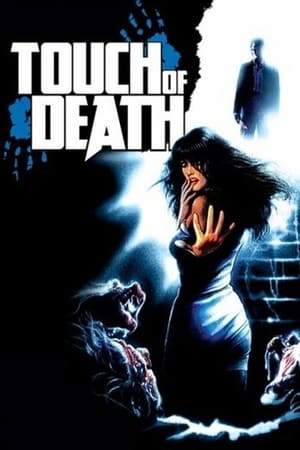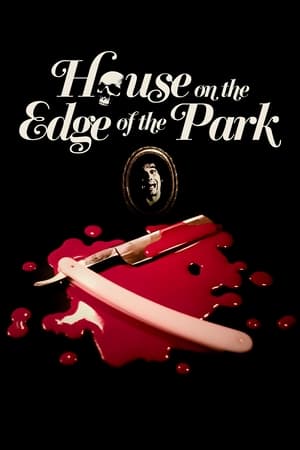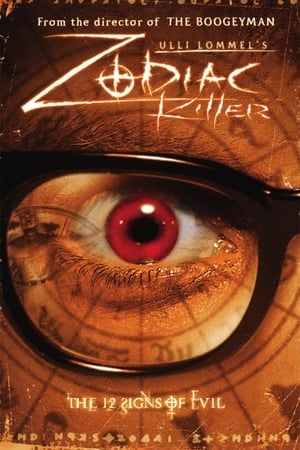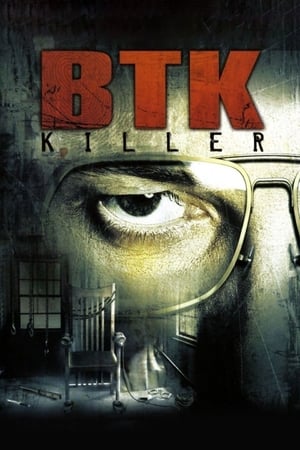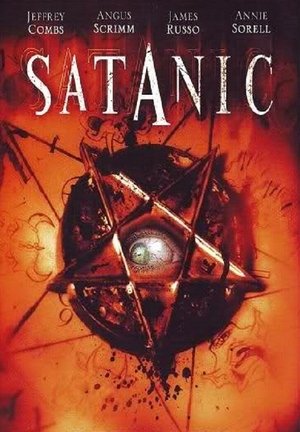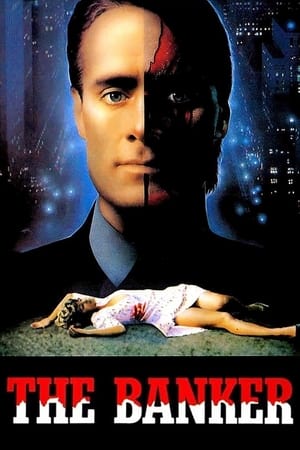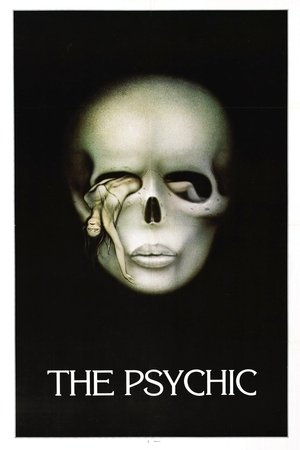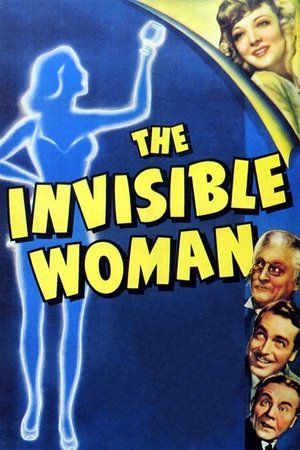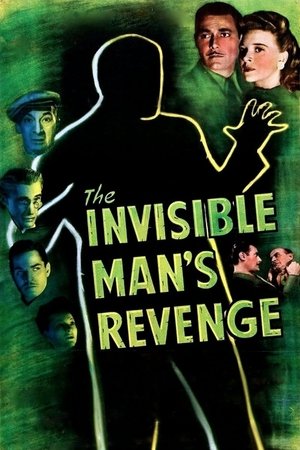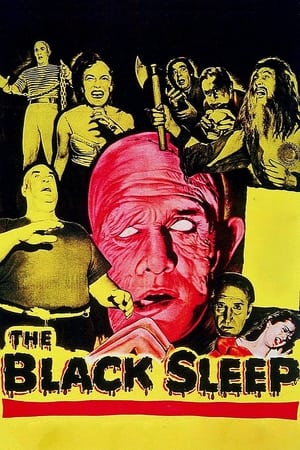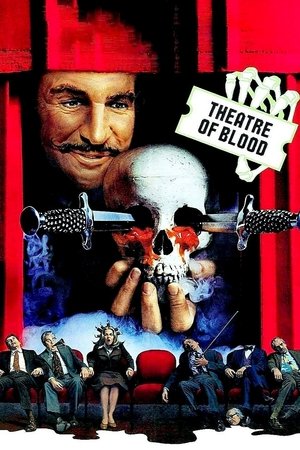Overview
A brilliant but deranged neurosurgeon becomes obsessively fixated on a judge's daughter. With the help of an escaped criminal whose face he has surgically deformed, the mad man lures her, her father, and her fiancé to his isolated, castle-like home.
Reviews
The Raven succeeded in 1935 where Roger Corman and Vincent Price failed 28 years later. The 1963 version of The Raven was written by Richard Matheson, who is quoted by Wikipedia as saying, "After hearing that they wanted to make a movie out of a poem, I felt it was a total joke, so comedy was the only way to do it."
Matheson's mistake was precisely that he approached the material lightly, though; it's because Raven '35 takes itself deathly seriously — director Lew Landerss and screenwriter David Boehm are more popish than the Pope (or, in this case, more Poe-pish than Poe) — that the film transcends the horror genre and enters, albeit unwittingly, the realm of (self) parody.
Consider this: early in the film the characters attend a dance recital entitled "The Spirit of Poe," in which a dancer performs a choreography while we listen to the titular poem over a musical background and see, on one side of the stage, the author in the process of capturing his masterpiece on paper. "The Spirit of Poe" would not be out of place in The Tall Guy, in which Jeff Goldblum had the title role in a satirical musical about the Elephant Man called "Elephant!"
Among the spectators is the morbid Dr. Vollin (Bela Lugosi), who is not only obsessed with Edgar Allan, but also has a personal interest in ballerina Jean Thatcher (Irene Ware); Vollin reluctantly operated on Jean after a car accident, and only after her father, Judge Thatcher (Samuel S. Hinds), assured him that all other doctors agreed that he was the only one who can save her — and save her he does, falling in love with her in the process.
The Judge is grateful but not that grateful, and understandably not wanting the saturnine Vollin for a son-in-law, tries to put a stop to the matter, in turn leading Vollin to hatch a nefarious plot against the Thatchers, with the unexpected but timely help of the fugitive murderer Edmond Bateman (Boris Karloff). This Bateman is, to borrow Grampa Simpson’s expression, dumb as a mule and twice as ugly.
Bateman bursts into Vollin's office demanding that the former surgically readjust his face so he can live in anonymity. Perhaps knowing that the doctor likes to play hard to get, Bateman threatens him with a firearm.
I’m reminded of Eminem's song "Stan," wherein the title character records a message to Slim just before he drives off into a river, logically but belatedly wondering, "Shit, I forgot, how am I supposed to send this shit out?"
Similarly, Bateman's plan to force the doctor to operate on him at gunpoint has only one small flaw known as 'anesthesia' — and sure enough, Vollin not only relieves Bateman of the gun, but also paralyzes the right side of his face, promising to fix the stroke victim look he's given him if Bateman does the doctor’s bidding (to say that Karloff's makeup is crude is an understatement; rather than made-up, his face looks drawn on.
Vollin invites, among others, Jean, her fiancee, Jerry, and the Judge to a soirée at his mansion — furnished with so many trapdoors, secret passageways, and dungeons that it could have been designed by H. H. Holmes —, introducing Bateman as his servant; although not exactly what he expected, Bateman's new features do serve the purpose of making him unrecognizable (if only the doctor didn't insist on calling him by his real name out loud).
To make a long story short, Bateman subdues the Judge, whom Vollin attaches to a replica of the pendulum from "The Pit and the Pendulum"; additionally, he locks Jean and Jerry in "the room where the walls meet."
For someone with an "extraordinary interest in Poe," Vollin's knowledge of the Bostonian author comes too close to what Lovecraft called "secondhand erudition." The doctor knows The Raven by heart, but he recites it like a schoolboy who has learned his lesson without understanding it; moreover, his interpretation of the poem is literal: according to him, Poe fell in love with a certain Lenore and lost his mind when “someone took her from him” (if the Lenore of the poem had a real-life counterpart, it was most likely Poe's mother or his wife Virginia; the consensus is that he had a more brotherly than romantic relationship with the latter).
As for the pendulum, if Vollin had bothered to read Poe’s tale all the way through, he would know the device is more trouble than it’s worth (to be fair, it’s pretty much a given that the good doctor is a few cards short of a full deck, and in that sense it would be a little too much to ask for a method to his madness).

 61 min
61 min
 6.572
6.572
 1935
1935
 USA
USA
 tmdb28039023 wrote:
tmdb28039023 wrote:
